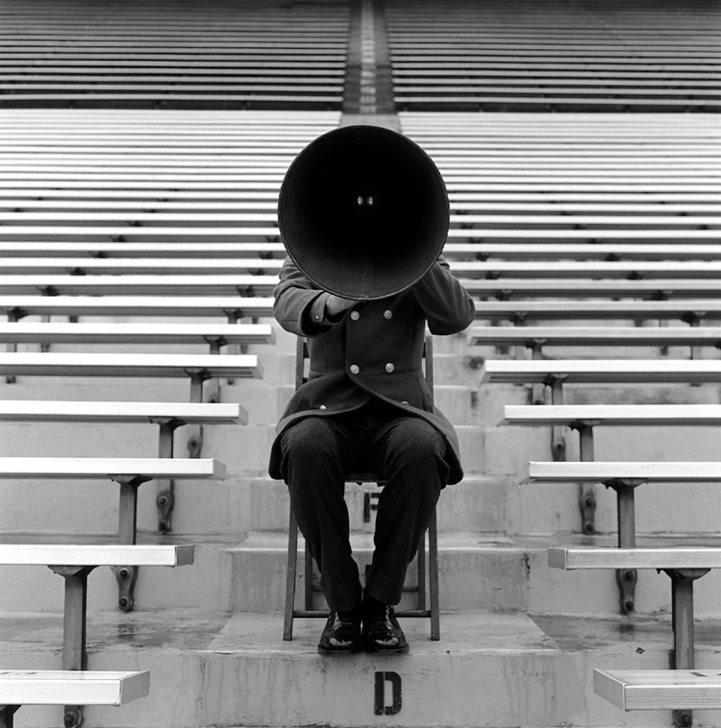Traveling Budget Class
As any traveler knows, the growth of low-cost airlines is changing the dynamics of the region's tourism industry entirely.
As I sit on an AirAsia flight bound for Bali, everywhere I cast my eye is that tagline, "Now everyone can fly." And by the looks of the motley crew of passengers aboard this big red bird, nothing could ring more true.
It's hard not to get on my high horse for a moment and muse that maybe not everyone should fly. But that's for another time and place.
So as the masses of humanity are now hitting their local airport as often as their favorite pub, the natural spin-off is of course budget hotels.
Hoteliers seem possessed with compartmentalizing segments of the lodging market and playing creationist Gods in naming things, and so we now have hotels described as economy, budget, limited service, pods and enough hybrids to induce a mind-boggling dizziness.
Google of course gets down to the basics as it searches for keywords – cheap, discount, low cost, no cost, or the all-encompassing "to hell with it, we're giving it away".
A few years ago, Tony Fernandez and a group of investors initiated the brand Tune hotels. Through hiring a team of marketing executives instead of hotel executives, the concept was to re-examine every aspect of the project with a fresh set of eyes. The result was spartan, 10-to-12-square-meter rooms, with no TVs and a pay-as-you-go approach.
The first properties were set up in Malaysia, and since then the expansion has become somewhat of a global invasion. In Thailand, Tune hotels are underway in Bangkok, Pattaya, Hat Yai and Patong in Phuket.
Room size eventually moved up to 13-to-14-sqm rooms. Now the company is updating its concept for Tune V2.0, according to CEO Mark Lankester.
Fundamentals such as "pay for use" air conditioning, WiFi, towels and electricity remain, but new innovations include redesign of rooms and pay-to-play television.
Looking at the rest of the playing field, the two most dominant players have been Accor's ibis and InterContinental's Holiday Inn Express brands. Most of the other global chains stopped at economy and mid-scale offerings.
The French chain Accor is now aggressively bringing the limited service brand Formule 1 to the region. The brand already has properties in Australia, and recently rolled out a new "Cocoon" prototype with wood flooring, flat-screen televisions and energy-saving sanitary fixtures and lighting.
In Indonesia, Formule 1 struck a deal for five airport locations, including Denpasar, Bali.
The country, which has South-east Asia's largest economy, is a hotbed for new startup budget hotel brands.
These include Marc Steinmeyer's Pop! hotels, by Tauzia; th Favhotels' Aston chain; and Whiz and Amaris by the Santika group.
A similar gold rush to the low end of the market is underway in the Philippines, where Go Hotels is a domestic pioneer. There are also a substantial number of establishments expected by other groups in the coming 12 months.
Thailand-based Red Planet Hotels, which has a deal with Tune for six countries, has been efficient in raising money in the private investment market and has a head start here.
However, Asia's economic growth continues to stir concerns of an oversupply bubble. While investors are tapping into the niche segment in growing numbers, they are concerned about the raw numbers involved and about sustainability.
Another concern is that a countrywide building boom for hospitality assets has created a surplus at higher tiers. Ultimately, if travel markets slow down, accommodation pricing may experience a domino effect. For consumers who have large disposable incomes, a pricing parity may drive them back to higher-class hotels.
For now though, there is little doubt that the rise of the Asian middle class is creating an exciting new set of products for travelers – and yes, almost everyone can travel these days.


